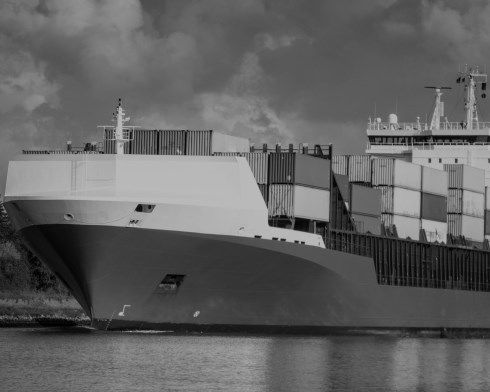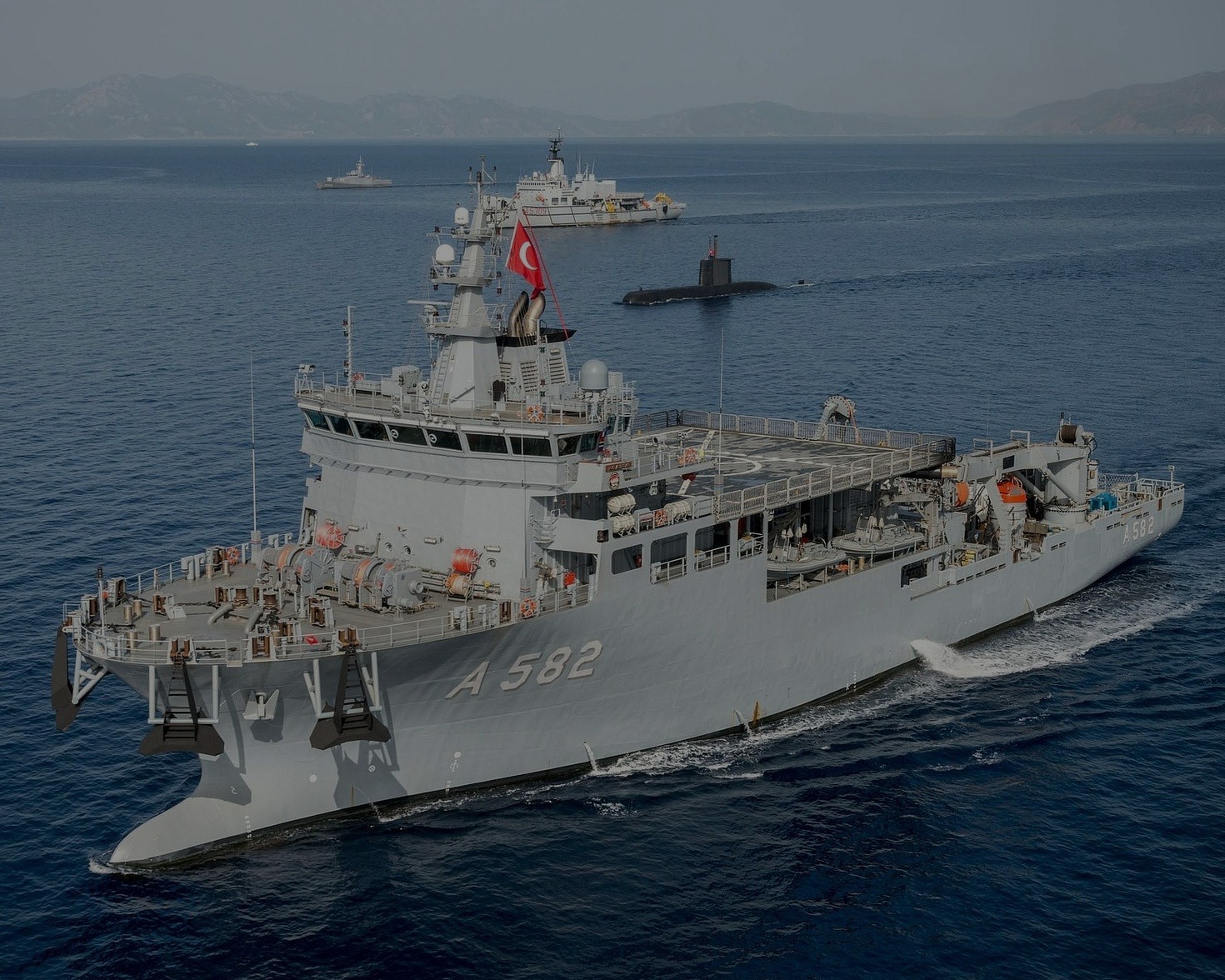The International Convention on Arrest of Ships, 1999 (hereinafter referred to as “the 1999 Convention") was ratified by the Turkish Parliament on 02.03.2017, a development which was reported to our readers in our client alert of earlier dated 19.04.2017. Please find here the link to our client alert dated 19.04.2017.
Since then a presidential decree and publication of the official Turkish translation of the 1999 Convention in the official gazette had been awaited as the next step of the ratification process.
This long awaited decree has finally been published in the official gazette on 03.05.2019 marking the date on which the 1999 Convention officially became binding by law upon the Turkish authorities. We reported earlier that the 1999 Convention brings little change to the rules that have been already applicable in Turkey as Turkey already replicated the wording of the 1999 Convention into the Turkish Commercial Code (“TCC”) to a great extent which rendered the 1999 Convention applicable in Turkey in a de facto manner.
A difference which may prove to be worthy of note
Although the third article of the 1999 Convention was replicated into the TCC, it was done so with a minor deletion. Article 3(1)(b) of the 1999 Convention allows the arrest of an offending ship* if “the demise charterer of the ship, at the time when the maritime claim arose, is liable for the claim and is the owner or the demise charterer of the ship when the arrest is effected.” The words “or the demise charterer” were not incorporated into the TCC. The position with the arrest of sister ships on the other hand is identical under both regimes.
The basis for leaving out claims against the demise charterer was the fact that the Turkish law concept of “precautionary attachment” - which is considered as the equivalent of “arrest” - is only possible when the assets sought to be attached/arrested are owned by the person liable for the claim. Consequently, when a demise charterer is personally liable for a claim, it was not possible in Turkey to arrest the offending ship because the claim is not against the registered owner of the ship.
However, the 1999 Convention entered into force with the original text. The official Turkish translation therefore clearly specifies that an offending ship may be subject to arrest if the demise charterer of that ship who is liable for the claim remains the demise charterer at the time the arrest is effected.
Our conclusion
It is without doubt that the above wording will bring to light new questions as to arrest of offending ships under demise charter in Turkey. In our view this recent development should pave the way for arrest of ships under demise charter for debts of the charterer given that international conventions take priority over national law. It is nevertheless difficult to predict where the loyalty of Turkish Courts will lie, in other words whether they will remain loyal to the settled practice under the TCC or apply the Convention. We will be monitoring the developments and the attitude of the courts with great interest and report any developments to our readers.
*The ship in respect of which the maritime claim arose



